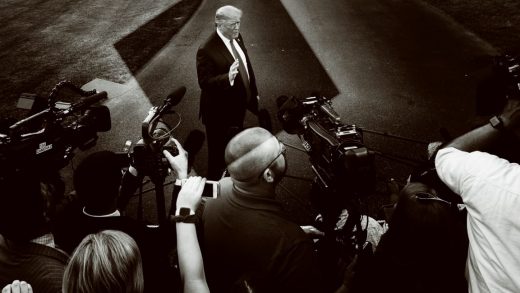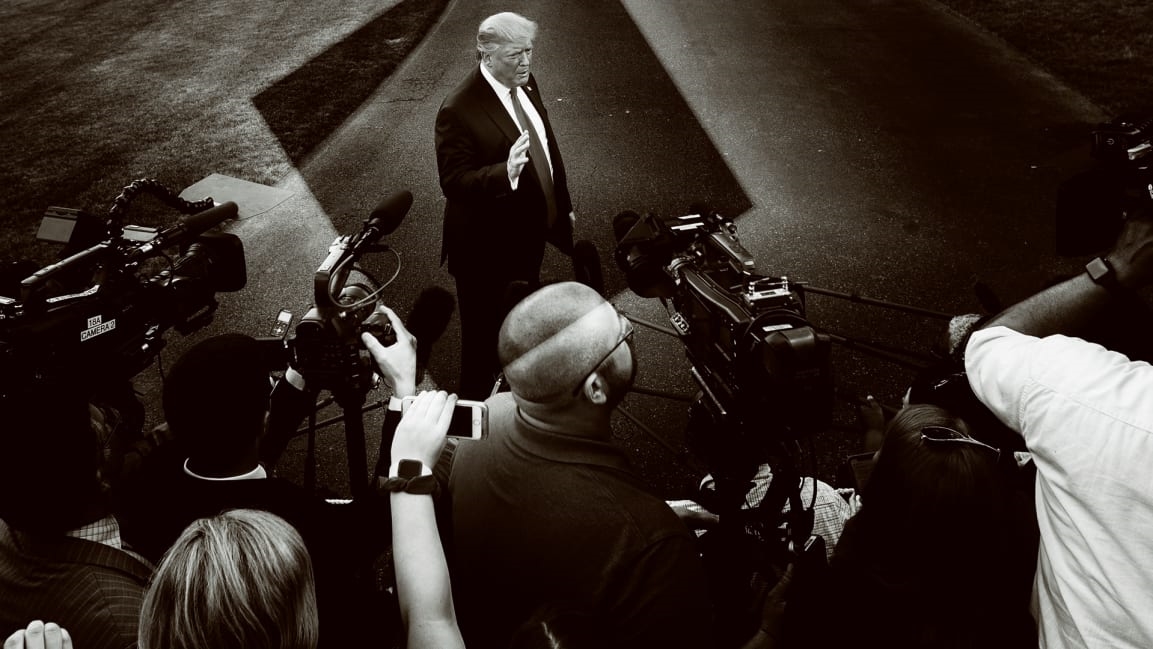Here’s how Trump’s new green card rules could hurt low-income immigrants
In 60 days, it may be more difficult for lower-income people to immigrate to the United States.
A new rule from the Trump administration changes how the Department of Homeland Security (DHS) interprets and implements who is ineligible for admission or for a visa or green card. According to the 837-page rule, that is:
“Any alien who, in the opinion of the DHS (or the Departments of State (DOS) or Justice (DOJ), as applicable), is likely at any time to become a public charge. The statute does not define the term “public charge,” but in a related statute, Congress has articulated a national policy that (1) “aliens within the Nation’s borders not depend on public resources to meet their needs, but rather rely on their own capabilities and the resources of their families, their sponsors, and private organizations,” and (2) “the availability of public benefits not constitute an incentive for immigration to the United States.”
In the simplest terms, it allows government officials to vet applications based on age, health, family status, assets, resources, financial status, and education. They may then deny green cards and visa applications to those with low incomes or little education who may have been on noncash public assistance programs like Medicaid, food stamps, and Section 8 housing vouchers because they’d be more likely to use it again in the future.
Existing green card holders, refugees, asylum-seekers, pregnant women, and children are said to be exempt from this rule.
When it goes into effect, about 382,000 people may be affected, according to the Department of Homeland Security, and more than 324,000 people in households with undocumented immigrants are expected to drop out of or not even enroll in public benefit programs. A New York Times report puts the latter number as high as 26 million who would risk not taking medicine or food in fear of being deported.
Which is exactly the goal, according to Kenneth T. Cuccinelli II, the director of United States Citizenship and Immigration Services, who announced the rule.
“The benefit to taxpayers is a long-term benefit of seeking to ensure that our immigration system is bringing people to join us as American citizens, as legal permanent residents first, who can stand on their own two feet, who will not be reliant on the welfare system, especially in the age of the modern welfare state which is so expansive and expensive,” he said.
(8)



